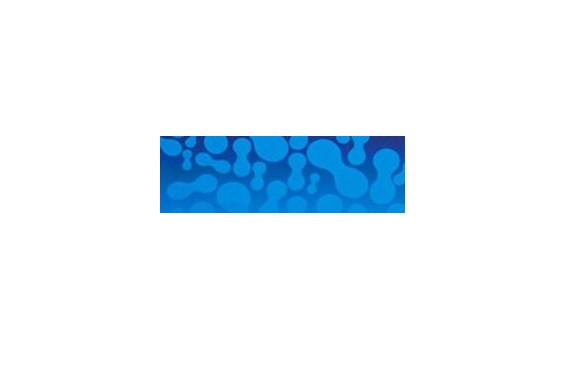Description
Recombinant Rat CCL5/RANTES Protein (His Tag) | PKSR030422 | Gentaur US, UK & Europe Disrtribition
Synonyms: C-C motif chemokine 5; SIS-delta; Small-inducible cytokine A5; T-cell-specific protein RANTES; Ccl5; Scya5
Active Protein: N/A
Activity: Recombinant Rat C-C motif chemokine 5 is produced by our E.coli expression system and the target gene encoding Ser25-Ser92 is expressed with a 6His tag at the N-terminus.
Protein Construction: Recombinant Rat C-C motif chemokine 5 is produced by our E.coli expression system and the target gene encoding Ser25-Ser92 is expressed with a 6His tag at the N-terminus.
Fusion Tag: N-6His
Species: Rat
Expressed Host: E.coli
Shipping: This product is provided as lyophilized powder which is shipped with ice packs.
Purity: > 95 % as determined by reducing SDS-PAGE.
Endotoxin: <1.0 EU per μg as determined by LAL test.
Stability and Storage: Generally, lyophilized proteins are stable for up to 12 months when stored at -20 to -80℃. Reconstituted protein solution can be stored at 4-8℃ for 2-7 days. Aliquots of reconstituted samples are stable at < -20℃ for 3 months.
Molecular Mass: 10 kDa
Formulation: Lyophilized from a 0.2 μm filtered solution of 20mM PB, 500mM NaCl, 2mM EDTA, pH7.4 .
Reconstitution: Please refer to the printed manual for detailed information.
Background: C-C motif chemokine 5(CCL5) is a β-chemokine that plays a primary role in the inflammatory immune response by means of its ability to attract and activate leukocytes. CCL5 is secreted by many cell types at inflammatory sites, and it exerts a wide range of activities through the receptors CCR1, CCR3, CCR4, and CCR5. Inflammatory responses can be impaired by the sequestration of CCL5 by the cytomegalovirus protein US28. Oligomerization of CCL5 on glycosaminoglycans is required for CCR1mediated leukocyte adhesion and activation as well as CCL5’s interaction with the chemokine CXCL4/PF4.The deposition of CCL5 on activated vascular endothelial cells is crucial for monocyte adhesion to damaged vasculature, but CCL5 oligomerization is not required for the extravasation of adherent leukocytes.CCL5 is upregulated in breast cancer and promotes tumor progression through the attraction of proinflammatory macrophages in addition to its actions on tumor cells, stromal cells, and the vasculature.
Research Area: N/A






